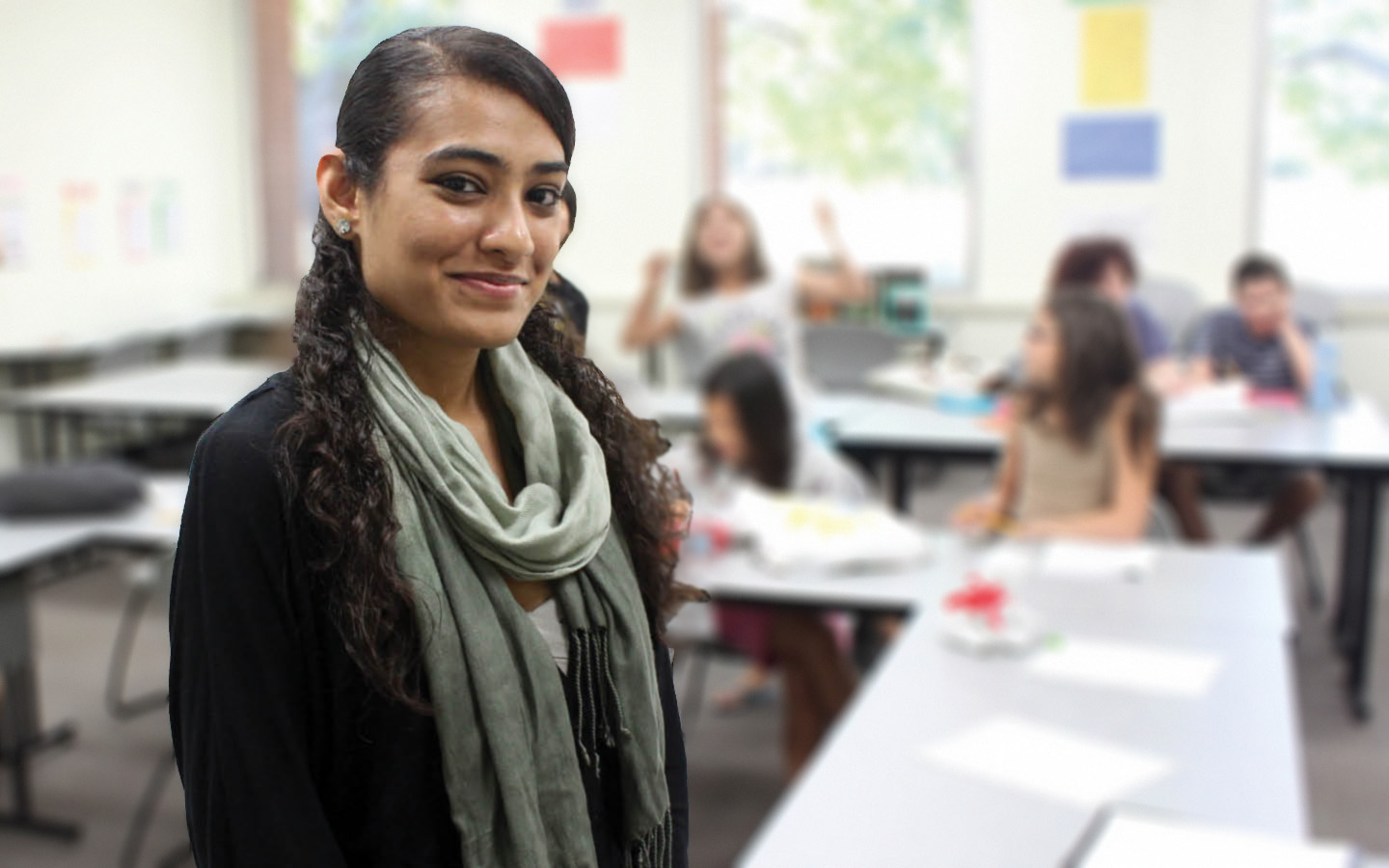
Through a new program, aspiring teachers and recent graduates will tutor students on early literacy skills — what parents called the greatest need after a year of learning loss.
Roosevelt University won a three-year, $1.6 million grant from the Chicago Design Challenge to build the Metropolitan Chicago Tutoring Corps. This school year, 25 tutors will work with students each day for 30 minutes of one-on-one literacy instruction. The program clusters tutors in schools for meaningful collaboration and connections with their young students.
“We are so grateful to A Better Chicago for their grant support,” said Tom Philion, dean of Roosevelt’s College of Education. “This funding will provide deep and rich support for learners in the Chicago schools and help us to build innovative pathways to teacher licensure in Illinois.”
District data show that fewer than a quarter of Chicago Public Schools third-graders read at grade level. The pandemic only worsened the gap. McKinsey estimates that by the end of the 2020-21 school year, Black and Latinx students are respectively six and five months behind in reading.
In partnership with CPS, the tutoring corps will work with schools that serve low-income and historically marginalized students strategically identified by their opportunity index scores as needing specific support in early grades literacy. After a year of remote learning challenges, students who don’t speak English as their first language and those who face other historical barriers, especially need concentrated tutoring in literacy.
The tutoring corps will reach about 250 students in 2021-22. In three years, Roosevelt hopes to reach 1,200 students across Chicago elementary schools.
The tutoring corps plans to bolster Chicago’s teacher pipeline with diverse teacher candidates and address the teacher shortage in Illinois. Tutors will work with the school for the entire year, earning a salary and gaining valuable field experience. Many tutors are first-generation college students from historically marginalized backgrounds. Roosevelt plans to match tutors with students who look like them and speak the same language wherever possible. The University also hopes to provide an opportunity to tutors who are or were not education majors to obtain teacher licensure in Illinois without returning to school full time.
In preparation for the project, Roosevelt piloted its research-backed Balanced Literacy program in the Chicago Public Schools over six years. The College of Education also quickly rolled out a virtual tutoring program during the pandemic for the children of University employees. The Metropolitan Chicago Tutoring Corps expands this model for the city’s most vulnerable K-3 students as they return to full-time in-person learning.
The Chicago Design Challenge aims to accelerate learning recovery and promote well-being in communities disproportionately affected by the pandemic. The challenge is led by A Better Chicago, a venture philanthropy fund supporting Chicago youth from cradle to career. The nonprofit fights poverty by investing in ideas, programs and leaders serving youth from low-income communities.